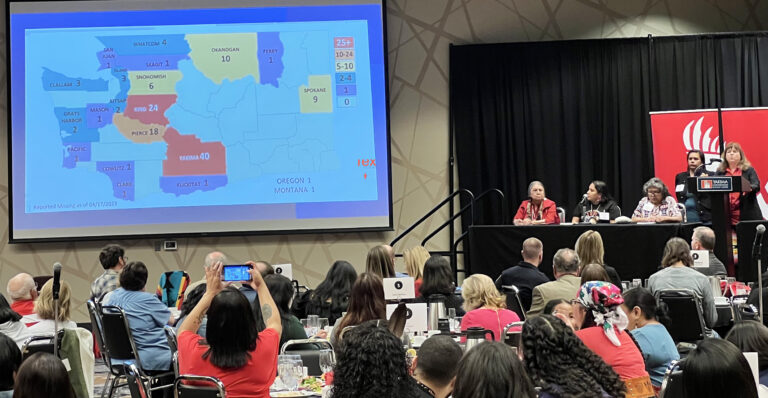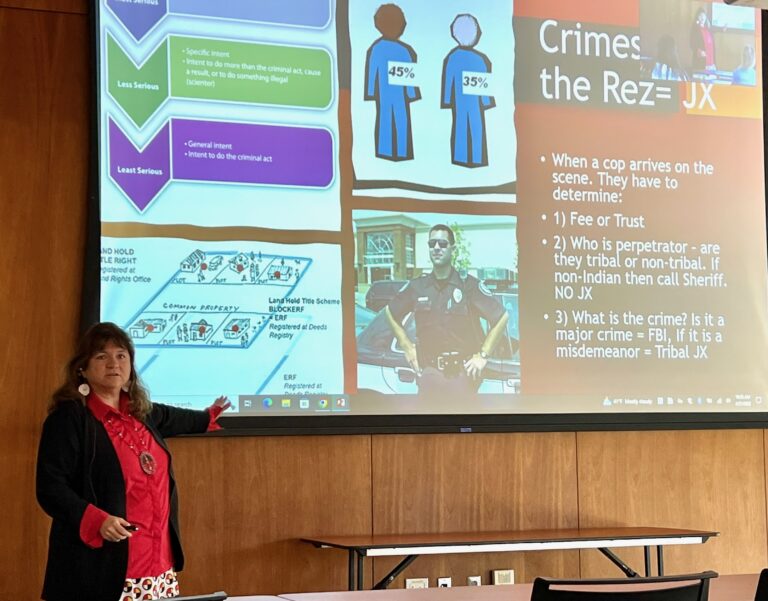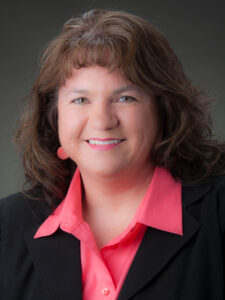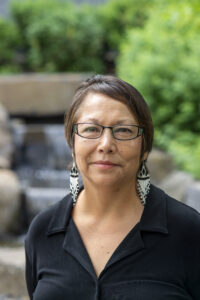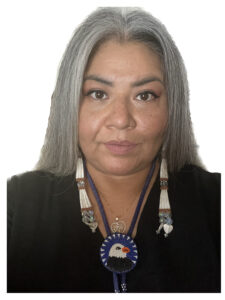Missing and Murdered Indigenous Women/People
ta nexʷ qs kʷeɫtm ɫuʔ qe smʔemʔém
No longer will our women be taken, and they are not forgotten!
MMIW/MMIP
The phrase “missing and murdered indigenous women” (MMIW) refers to the hundreds of deaths and disappearances of Native American women and girls that continue to plague tribal lands, rural communities, and cities in North America each year.
The phrase has been expanded to included Missing and Murdered Indigenous People (MMIP) as it’s not just women who go missing.
In the context of MMIW, Native American women vanish three times:
- When they relocate to the cities and rural communities from reservations,
- When the media ignores their disappearance and/or murder (more than 95% of MMIW cases have never been covered by the media, see Lucchesi, 2019), and
- When their disappearance and/or murder is never reported by law enforcement (Mandeville, 2015; Bruce, 2020).
Women and Men, Native and Non-Native, are working together to bring awareness and work with organizations across the state, country, and continent to give a voice to the MMIW and MMIP.
For a current list of Missing and Murdered Indigenous People in Washington State:
The Washington State Patrol (WSP) website.
May 5th Agenda
We invite everyone to attend a series of events in the EWU PUB NCR on Sunday, May 5th from 11am-3pm.
11:00am
Opening with Rose Creek Drum Group and a Blessing
Welcome, Land Acknowledgement & Announcements
Margo Hill | Evanlene Melting Tallow | War Bear
Start of the Walk/Rally in front of PUB and return to PUB NCR
Lead by Idella Rattler-King and Tanisha Rattler
Noon
Empowerment
Idella Rattler-King
MMIW Video Collage
Looping Collage of clips from documentaries, news, tv & more
1:00
The MMIW Movement and How to Take Action
Margo Hill |Dawn Pullin
Missing and Murdered Indigenous Women and People Video
Produced by Jeff Ferguson & Margo Hill
2:00
Reading of MMIW/MMIP names
Jeff Ferguson | Margo Hill | Erin Ross | War Bear
Evanlene Melting Tallow | Connie George and others.
Close Out Ceremony
Rose Creek Drum Group
MMIW/MMIP Resources
Professor Margo Hill from the EWU Urban and Regional Planning Program discusses the history of this movement, and the actions that can, and need to be taken, to reduce the numbers of MMIW/MMIP in our country.
The Washington State Patrol (WSP) has a page dedicated to Missing Indigenous Persons on their website. You can find the list of current missing indigenous persons (MIP)
The WSP also have tribal liaisons:
Dawn Pullin
dawn.pullin@wsp.wa.gov
(360) 890-0150
Eastern Washington Tribal Liaison
Patti Gosch
patti.gosch@wsp.wa.gov
(360) 280-0567
Western Washington Tribal Liaison
Sing up for Missing Indigenous Persons Alert
Everyone deserves to feel safe in their communities. The Missing and Murdered Unit within the Office of Justice Services focuses on analyzing and solving missing and murdered cases involving American Indians and Alaska Natives. Visit their website here
Violence Against Native Americans and Alaska Natives far exceed national averages. Learn more about the Missing and Murdered Indigenous People Crisis Here
Human Trafficking as a Racialized Economy and the Exploitation of Indigenous Socio-Spatial (Im)Mobility in North America
Frontiers in Sustainable Cities, section Social Inclusion in Cities.
Hill, M., Anderson, M., King, I. (2022)
Missing and Murdered Indigenous Women (MMIW) How Can Transportation Stop Traffickers?
The National Academy of Sciences· Engineering · Medicine. Transportation Research Board.
Hill, M., (2022)
‘The best way to help Native American communities is to start by listening. When you give to Native Hope, your support goes directly to projects that communities themselves have identified as important. Join our family of Natives and non-Natives working toward a world without barriers.’
Learn more about the Native Hope Organization Here
The National Indigenous Women’s Resource Center, Inc. (NIWRC) is a Native-led nonprofit organization dedicated to ending violence against Native women and children. The NIWRC provides national leadership in ending gender-based violence in tribal communities by lifting up the collective voices of grassroots advocates and offering culturally grounded resources, technical assistance and training, and policy development to strengthen tribal sovereignty.
Their staff and board of directors consist of Native women from throughout the United States with extensive experience and commitment to ending violence against Native women and their children. NIWRC’s staff bring decades of expertise in building the grassroots movement to increase tribal responses to domestic violence and increase safety for Native women.
Safety for Native women and their children relies on the ability of Indigenous nations to reclaim their pre-colonization belief systems and lifeways by which they governed themselves long before the United States was established as a nation. This includes the understanding that we are all relatives and have the right and responsibility to uphold the sacred status and integrity of women, which is at the core of tribal sovereignty. Essential to sovereignty and the safety of women is the unique legal right of Indian nations to self-government, access to trust resources, and culturally-centered ways. These ways support the voices and leadership of survivors of violence and grassroots advocates who are at the root of organizing for social, cultural, and legal changes, including changes that women need in order to live lives free from violence and abuse such as safe housing, economic security, childcare, healthcare, legal services, and abuser accountability.
Accountability is secured through tribal justice systems and tribal laws upholding the sacred status and integrity of women. Tribal justice systems include Indigenous and Western responses such as policing and prosecution. Unlike non-Indian communities – where county or city governments have authority to investigate and prosecute both misdemeanor and felony crimes against women – federal legislation, case law, and policies have left tribes with far less legal authority and resources to protect their citizens. This reality effectively denies Native women access to justice and culturally appropriate services and subsequently prevents them from living free from violence.
NIWRC develops resources and training opportunities to support tribes, grassroots advocates, and survivors in prioritizing the safety of Native women and their children and requiring accountability of offenders and communities. Native women, their children, and tribal nations are entitled to:
- Safety from violence within their homes and in their community
- Justice both on and off tribal lands
- Access to culturally grounded advocacy designed by and for Native women
- Safe, affordable housing, legal services, childcare, economic security, and other basic resources provided in respectful ways
- Culturally-based, trauma and resiliency-informed services
- Access to indigenous healing ways
There are a number of documentaries and stories that talk about the MMIW movement and work to bring awareness to the stories and issues that Indigenous Women/People are facing as well as the work towards finding their people.
Somebody’s Daughter – Documentary – With the Coushatta Tribe of Louisiana as Executive Producer, Somebody’s Daughter focuses on some of the higher-profile MMIW cases, some of which were raised during the Senate Committee on Indian Affairs MMIW/MMIP hearing in December 2018.
Say Her Name – Documentary – Asks “Why are MMIW /P numbers so high in rural Big Horn County, MT?”
Our Sisters in Spirit (MMIWG Documentary) – A short documentary that explores the question of calling a national public inquiry into the issue of missing and murdered indigenous women & girls in Canada or whether there may be a better approach.
They Are Gone – Documentary – In Montana, Native Americans make up less than 8% of the state’s population, but account for over 26% of missing persons. They Are Gone looks to collect the stories and perspectives from Native families affected by this epidemic.
Whisper in the Wind – Short Film – A young woman travels to a town where her sister went missing, now she must find her before it’s to late and risk the chance of becoming a victim herself.
Alaska Daily – Hulu – Hilary Swank as Eileen Fitzgerald, a fiercely talented investigative journalist who joins a local newspaper in Anchorage, where she works with the team to uncover the truth behind a mysterious disappearance.
You Can Make a Difference
This is where you come in! Truckers Against Trafficking recognizes that members of the trucking, bus and energy industries are invaluable in the fight against this heinous crime. As the eyes and ears of our nation’s highways, you are in a unique position to make a difference and close loopholes to traffickers who seek to exploit our transportation system for their personal gain. This site has been created to inform members of the trucking, bus and energy industries, and other travelers of the basic issues involved in human trafficking and a summary of ways you can help. We invite you to travel through this website and learn how you can join this worthy cause and save lives.
Our Mission
Truckers Against Trafficking (TAT) is a 501(c)3 that exists to educate, equip, empower and mobilize members of the trucking, bus and energy industries to combat human trafficking.
Our Goals
- Saturate trucking and related industries with TAT materials.
- Partner with law enforcement and government agencies to facilitate the investigation of human trafficking.
- Marshal the resources of our partners to combat this crime.
Sing up for Missing Indigenous Persons Alert to receive regular updates on cases in Washington State.
